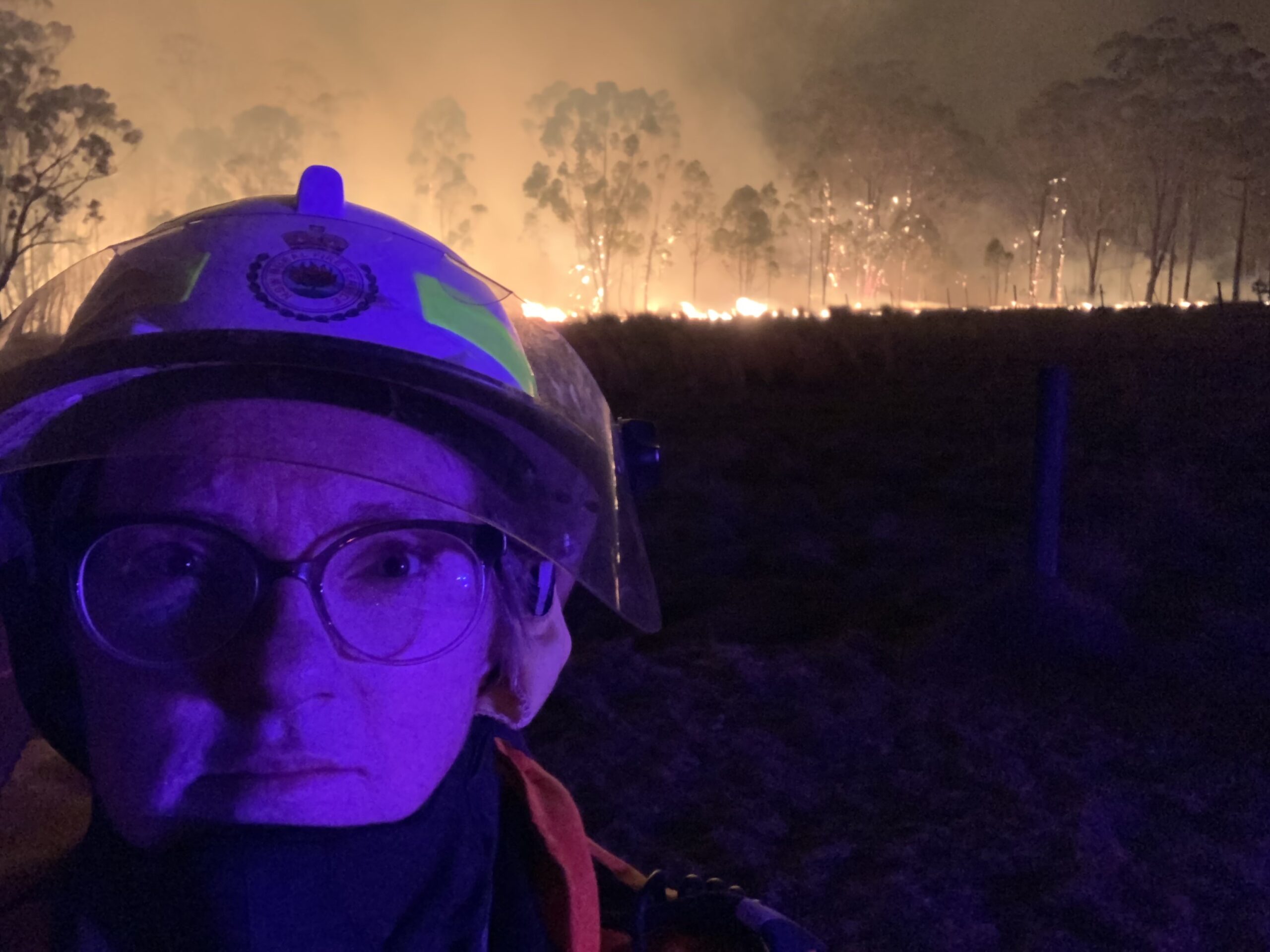

During my training as a Crew Leader with the NSW Rural Fire Service I was pleased at the similarities between being an Officer with NSW RFS and my day job as a Project Manager. I recognised that my skills in both areas complemented each other.
We deliver Project Recovery, or as I like to call it Rescue services at Escient and it got me thinking about the synergies between my professional and personal life.
As a Project Manager you need to understand the whole project. As an Officer, you need to know the entire scope of the incident; sometimes it may not be apparent at the initiation. All the assumptions, dependencies and interdependencies need to be assessed; A project business case may not cover the interdependency of another project that could result in a resource conflict. A fire in a barn might also be next to the shed in which fuel is stored. That changes your approach in both cases. If you don’t complete a risk assessment these details might be missed.
Identify & mitigate the risks: ensure we have put in place the appropriate measures to prevent or minimise the impact of a potential issue. Co-ordinate the timing of your Go Live to avoid End of month as the risk of any bugs found in PROD may result in statements not being sent out on time. Managing the risk of your firefighter’s safety while they work on the incident, manage the risk of the members of the public and how they may be impacted by the incident. For example, keeping bystanders back the prescribed safe distance for the incident to mitigate the risk of any additional people being hurt.
Issue resolution: Take the right steps to put the fire out. Ah ha! You knew this one was coming; many project managers describe their job as putting out fires all day. As the issues arise in your project, you must gather your understanding of the situation to determine the appropriate response. (Even the best Risk Assessment and Mitigation plan won’t stop them all!) The Testing Team’s access to the Test environment has been accidentally revoked? What’s the impact? Does it mean you need to log a ticket and wait for it to be resolved or do you need to log the ticket and immediately escalate to the highest manager available for urgent action?
The fire is only small and it’s about to rain? Or the fire is small, but an impending change in wind direction will take it from a 5m fire front to a 20m front, perpendicular to the current trajectory in 20 minutes. That’s the difference between logging the ticket and logging the ticket and escalating for immediate support.
Resource management: Leveraging the strengths of your team to take on the tasks of the incident / project and achieve our goal.
Knowing your driver of 30 years’ experience doesn’t need to be told to park the truck close to the hydrant, not blocking access and facing the correct way to make a fast exit versus knowing they are a new driver and will need to be reminded of these criteria. Your Implementation Manager has 10 years of experience with deployments and has a tried-and-true Readiness checklist, versus the newer Implementation Manager that might benefit from some of your experience with Go Live’s and give them your own checklist (and maybe check they are confident with their progress).
Stakeholder Engagement: (No…Stop it!!!) A good officer knows how to engage with their team, the chain of command, other emergency services, the community and those involved in the incident to achieve the best outcome possible. A really good project manager knows that stakeholder engagement is key to driving effective deliverables and garnering support and endorsement for their project. Motivating your team to push towards that deadline for testing, even though the Go Live isn’t for months.
Do you know their pain points? How will the project help these pain points in particular?
The ambulance driver needs access to the scene, engaging them to share the best access point, or qualify this is what they need is just like working with the Operations Manager to ensure their team has access to the new system you need them to complete UAT testing on, but also checking that there aren’t any other gaps they need addressed.
Scheduling: Knowing that you need to secure a water source is on the critical path and must be kicked off on arrival on scene is surprisingly similar to knowing you have to submit the change freeze request for your Go Live 6 weeks in advance as that is the lead time to getting approval.
Budget management: (WHAT?!?) Firefighters don’t use money to put fires out?!?
Officers manage the budget of the resources you have allocated. I’ve got 3000L of water and the nearest water fill station / hydrant is 20 minutes’ drive. I manage my water consumption to cover the whole incident or plan for opportunities to refill.
Communicating project status updates is about recognising the appropriate method and approach for the stakeholder you are communicating with. Is it critical that Fire Control knows that the fire is moving uphill at 20kmph and will result in a different asset being threatened? Yes. Is it critical that they know the level of water in you tank? Not so much (but it always depends). Knowing that information goes over the radio, versus sensitive information like potential clues for the arson investigator do not go over the radio.
Does the steering committee need to know that the developer had 2 days off because they fell ill after those questionable shrimp they ate gave them gastro? No, but it is important they understand the impact or delay those two unplanned days of leave had on the project and what we need to do to resolve or adapt to it. (But you never know if they will appreciate the tip to avoid that buffet!)
Once you’ve resolved the incident, the focus is returning to ‘normalcy’ as best as you can given the impact of the incident. With a project, once you’ve delivered, you return the business to its new normal (where have we heard that phrase before?)
The most important part of project management is that certain something special that you leverage to garner the respect and credibility to take people on the journey of the project and take on the work you are asking of them, or voluntarily follow you into a raging bushfire.
Lastly, it helps give me great perspective. While some issues that arise in your project may seem like a complete disaster and need immediate resolution, my years of emergency services management teaches me to remain calm, use a clear head, and work with the tools I have available knowing whether the dependency on my outcome really is life or death – or just feels like it.
At Escient we have delivered over 50 project recoveries in the last six years since the company was founded.
Jen Dolden is a Managing Consultant with Escient and a PMP & MSP certified Project Manager with over 20 years of operational experience in Insurance, Managed Services, Logistics, Retail, Training, IT and Government sectors.
Jen has rescued projects with time, quality and scope issues and turned them into success stories; by re-engaging stakeholders, establishing shared understanding about scope, identifying pain points and clarifying the root causes to the issues for the project, to achieve strategical objectives.
She is also a Deputy Captain with the NSW Rural Fire Service and National Emergency Medal recipient.